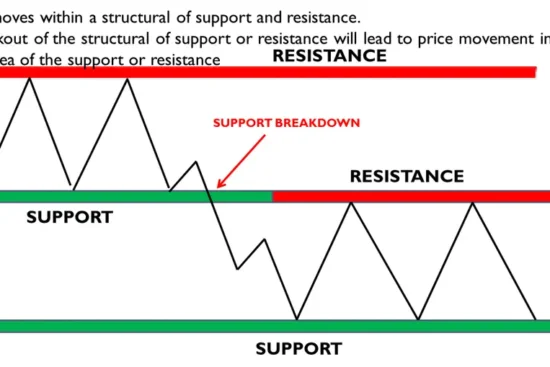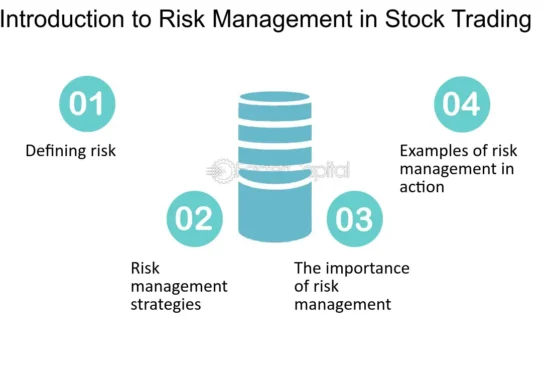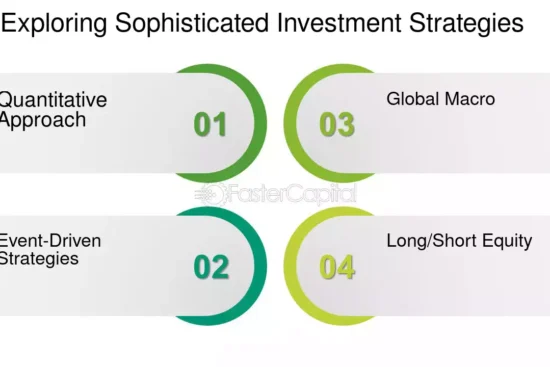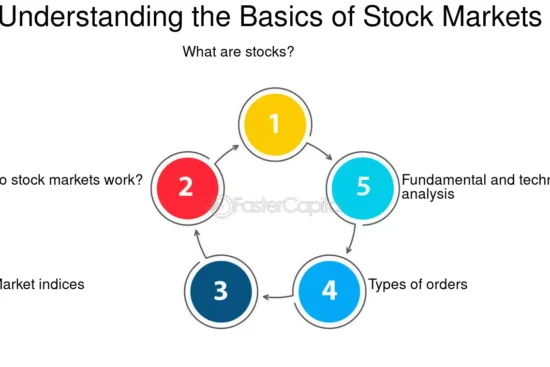Credit Cards
Credit cards are popular financial tools that allow individuals to make purchases and borrow money up to a specific limit. They offer convenience and flexibility but come with responsibilities, including managing balances and paying interest. Understanding how credit cards work, their benefits, and best practices can help you make informed financial decisions and manage credit effectively.
Learn about the different types of credit cards, how to choose the right one for your needs, and strategies for responsibly managing your credit card usage.
Frequently Asked Questions
Credit cards come in various types, including rewards, cashback, travel, balance transfers, and secured cards. Each type offers different benefits and features tailored to specific needs, such as earning rewards on purchases, cashback, or rebuilding credit.
To choose the right credit card, consider your spending habits, credit score, and financial goals. Compare cards based on interest rates, fees, rewards programs, and additional benefits. Selecting a card that aligns with your financial needs and lifestyle will help you maximize its advantages.
Managing credit card balances involves paying off your balance in full each month to avoid interest charges, keeping track of your spending, and staying within your credit limit. It’s also essential to make timely payments to maintain a good credit score and avoid late fees.
Using a credit card responsibly can positively impact your credit score. Key factors include making timely payments, maintaining a low credit utilization ratio (the amount of credit used compared to the total credit limit), and having a good credit history. Avoiding high balances and late payments will help maintain or improve your credit score.
Best practices include paying off your balance in full each month, keeping your credit utilization low, setting up alerts for due dates, and monitoring your account regularly for unauthorized transactions. Additionally, credit cards should be used for planned purchases to avoid accumulating unnecessary debt.
Key Terms
A credit card offering rewards points, miles, or cashback for purchases. Rewards can be redeemed for travel, merchandise, or statement credits.
A credit card that gives you a percentage of cashback on eligible purchases. Cashback can be applied as a statement credit or deposited into a bank account.
A credit card is designed to transfer high-interest debt from other cards to a new card with a lower interest rate, often with an introductory 0% APR period.
A credit card requires a cash deposit as collateral, which serves as your credit limit. Individuals with limited or poor credit history often use secure cards to build or rebuild their credit.
The ratio of your credit card balances to your total credit limit. Keeping this ratio low (generally below 30%) can positively impact your credit score.
The interest rate charged on outstanding credit card balances is expressed as an annual percentage. A lower APR means less interest paid on carried balances.
Related Post
-
David Harper
- 16 Aug 2024
Mastering Stock Market Dynamics: How Prices Move and Why
With its ever-fluctuating numbers and cryptic jargon, the stock market can seem like a complex and intimidating realm. Yet, beneath…
-
David Harper
- 16 Aug 2024
Introduction to Stock Investing Building Wealth and Managing Risks
The world of finance can seem like a complex labyrinth filled with jargon and intimidating charts. Stock quotes flicker across…
-
David Harper
- 16 Aug 2024
Exploring Options: Leveraging Strategies for Advanced Investors
The investment landscape offers diverse opportunities, catering to investors of all experience levels. While a solid foundation in core principles…
-
David Harper
- 16 Aug 2024
Navigating Market Volatility: Strategies for Stability
With its relentless ticker tape spewing numbers and jargon, the stock market can feel like a complex machine hurtling through…
-
David Harper
- 16 Aug 2024
Demystifying Bonds and Commodities: Alternative Investment Avenues
The stock market might dominate the financial headlines, but a successful investor knows the importance of venturing beyond the familiar.…
-
David Harper
- 16 Aug 2024
Understanding Stocks: Basics, Analysis, and Portfolio Strategies
Imagine yourself strolling through a bustling marketplace, but instead of fruits and vegetables, the stalls overflow with tiny pieces of…






